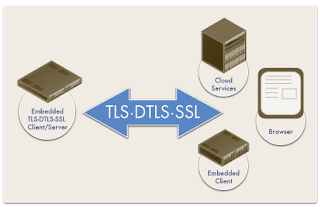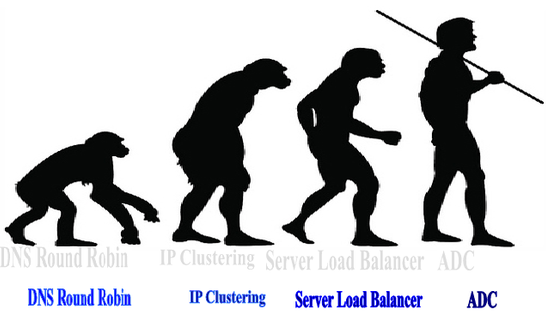DNS and Web Filtering
Internet
works with IP addresses but nobody learn the web server IP address,
instead, we learn the domain name. It’s like the telephone number,
nobody learn the number, instead, we search into the contacts list.
As a result, the DNS service is very important for most companies.
Actually, this service has to be always available and the response
time has to be quick. In fact, if the root domain servers were
shutdown, most people would think there is no Internet.
The
DNS service is used by most people as well as by most computers for
machine to machine communications. However,
it’s also used by most malware which could request domain names
similar to the original one or could request domain names totally
different and difficult to remember as DGA
malware
do.
For
instance, Zeus and Cryptolocker malware use DGA to connect to the C&C
server and, thanks to this algorithm, they can bypass security
policies such as IP reputation policies.
 |
| Malicious Domain Name |
There
are lots of security websites which helps us to look for domain names
to know if a domain name is malicious or it’s a good one. For
example, Open
Threat Exchange (OTX)
is a website where we can search Indicators of Compromise to have a
full description of the attack. VirusTotal
is well known by most security engineers where is easy to look for
URLs or upload files to know if they are suspicious or infected.
Another interesting
website
is FortiGuard
where
is also easy to look for domain names and IP address. All of these
websites are useful for malware
forensics.
 |
| Open Threat Exchange (OTX) |
The
security websites are useful for malware forensics. However, if we
are surfing these websites, it's probably because the attack or the
infection is already done. It's late. Therefore, companies should
install security appliances which are able to analyse DNS requests
and responses to look for suspicious domain names. For instance, this
kind of service can be configured in FortiGate devices where we can
block DNS requests and responses by categories such as malicious
domains, phishing domains, social networks domains, etc.
 |
| DNS Filter |
There
are also security appliances which are able to analyse HTTP requests
and responses to look for suspicious websites. When the computer
requests a website, the computer has already requested the domain
name for that website. Therefore, it would be better to block the DNS
request because it’s done before the HTTP request. However,
web filtering services are also useful because we can analyse the
content of a website. We can analyse inside the website to look for
downloaded malware. In addition, we can even analyse HTTPS traffic
where lots of malware is downloaded or C&C communications are
done.
 |
| Web Filter |
DNS
filtering and Web filtering are mandatory for most companies where
there are users with Internet access. However,
there are medium and big companies where is also
useful
DDI appliances for a better DNS, DHCP and IPAM management. This kind
of appliances are also able to analyse DNS requests to
look for malicious domain names. In addition, DDI appliances are able
to make reports useful to know what endpoints are infected.
 |
| DNS-DHCP-IPAM (DDI) |
Regards my
friends. Keep studying!!!










Commentaires
Enregistrer un commentaire